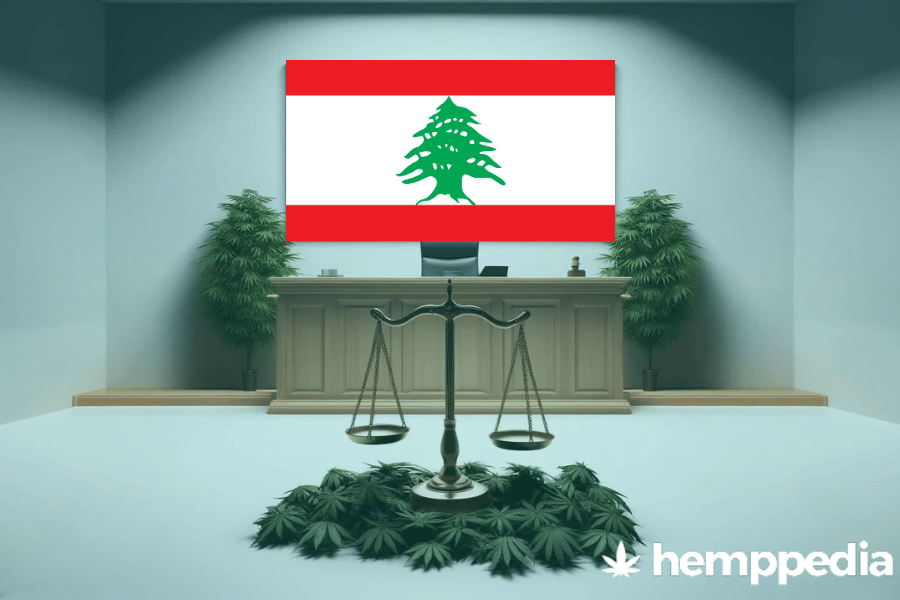TL;DR
Hemp-based CBD is now legal in Lebanon, and the country is also the first in the Arab world to legalize medical and industrial cannabis production. However, it’s crucial to understand the complexities around this newly legalized substance. Here’s a quick breakdown of the present status.
| Action | Status |
|---|---|
| Possession for personal use | Legal with Prescription |
| Cultivation for personal use | Illegal |
| Sale or Distribution | Legal for Medical or Industrial Purposes |
| THC content | Less than 0.2% |
Overview of CBD Legislation
Definition of Key Terms
- CBD: Cannabidiol (CBD), a compound derived from cannabis plants, is known for its therapeutic benefits without causing a “high.”
- Hemp vs. Marijuana: Hemp and Marijuana are both cannabis plants but differ in their THC content. Hemp has less than 0.3% THC, while Marijuana has more THC.
- THC content: Tetrahydrocannabinol (THC) is the psychoactive compound in cannabis responsible for intoxication. Hemp-derived CBD in Lebanon should contain less than 0.2% THC.
Lebanon’s legislation regarding CBD is relatively new, having only decriminalized cannabis for medical and industrial purposes in 2020. This legislation makes Lebanon the first Arab nation to do so.
Historical Context
The drafting and passing of the law to legalize cannabis came about in 2020 as a part of efforts to boost Lebanon’s struggling economy.
Possession, Use, Cultivation, and Sales
Under Lebanon’s current laws, CBD possession is legal for medical issues with a valid prescription, but cultivation for personal use remains illegal. Sales and distribution of CBD are permitted for medical and industrial uses.
Enforcement and Penalties
Non-compliance with the regulations, including exceeding the legal THC limit or growing cannabis for personal use, can result in strict punishments, including hefty fines.
Comparative Analysis
While Lebanon’s cannabis laws may seem liberal by regional standards, it falls somewhere in the middle when compared to global frameworks. Many European countries, Canada, and several U.S states have vastly more permissive laws, while quite a few other nations retain harsh laws against any form of cannabis, including CBD.
Conclusion
In conclusion, while the decriminalization of CBD in Lebanon is a significant breakthrough, it also brings in a whole set of regulations that need to be strictly followed. The country will likely continue to evolve and adjust its approach to CBD legality and regulation to foster medical and industrial growth.





